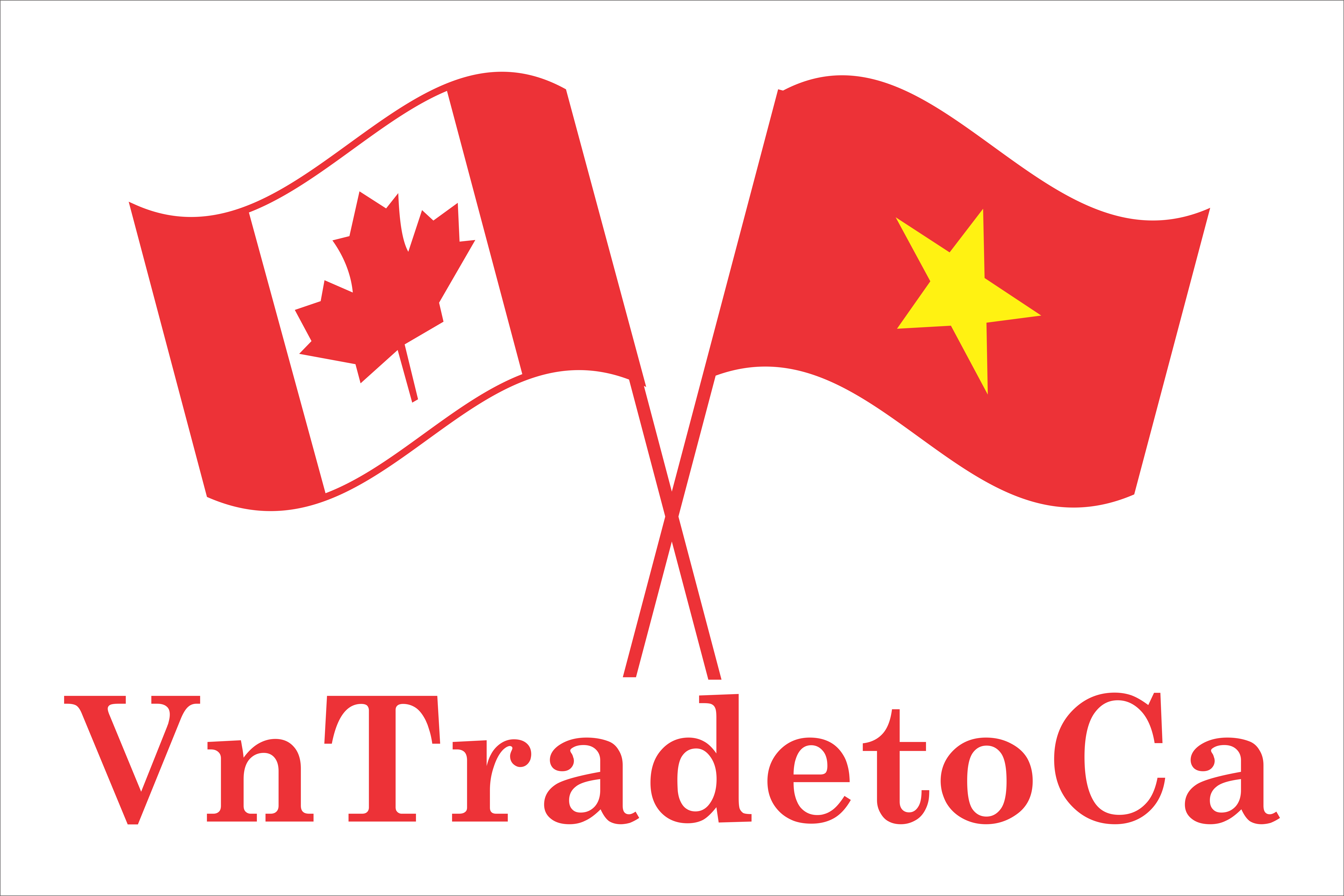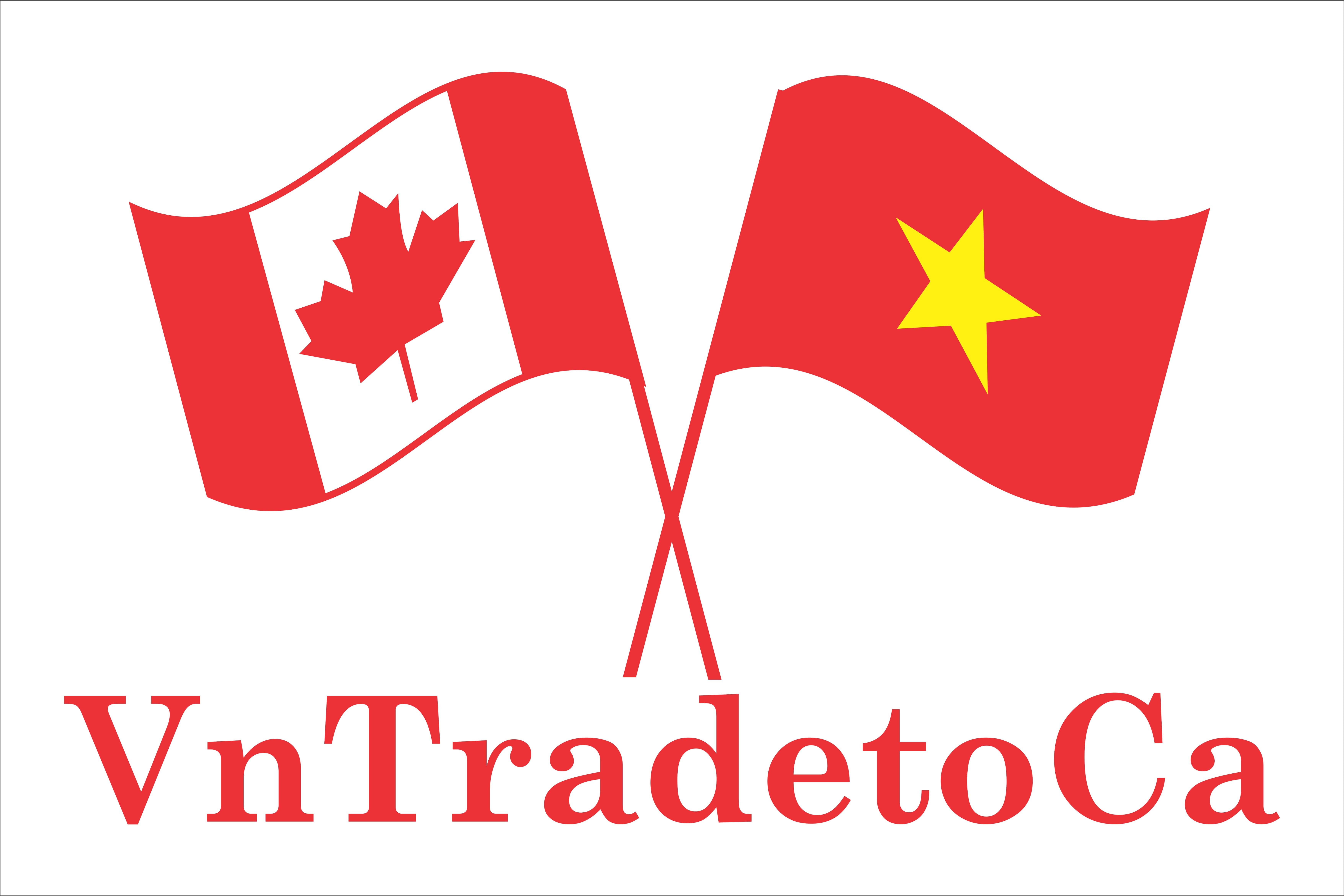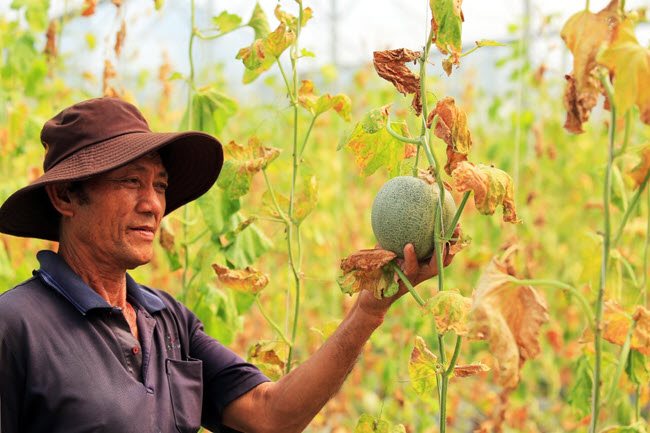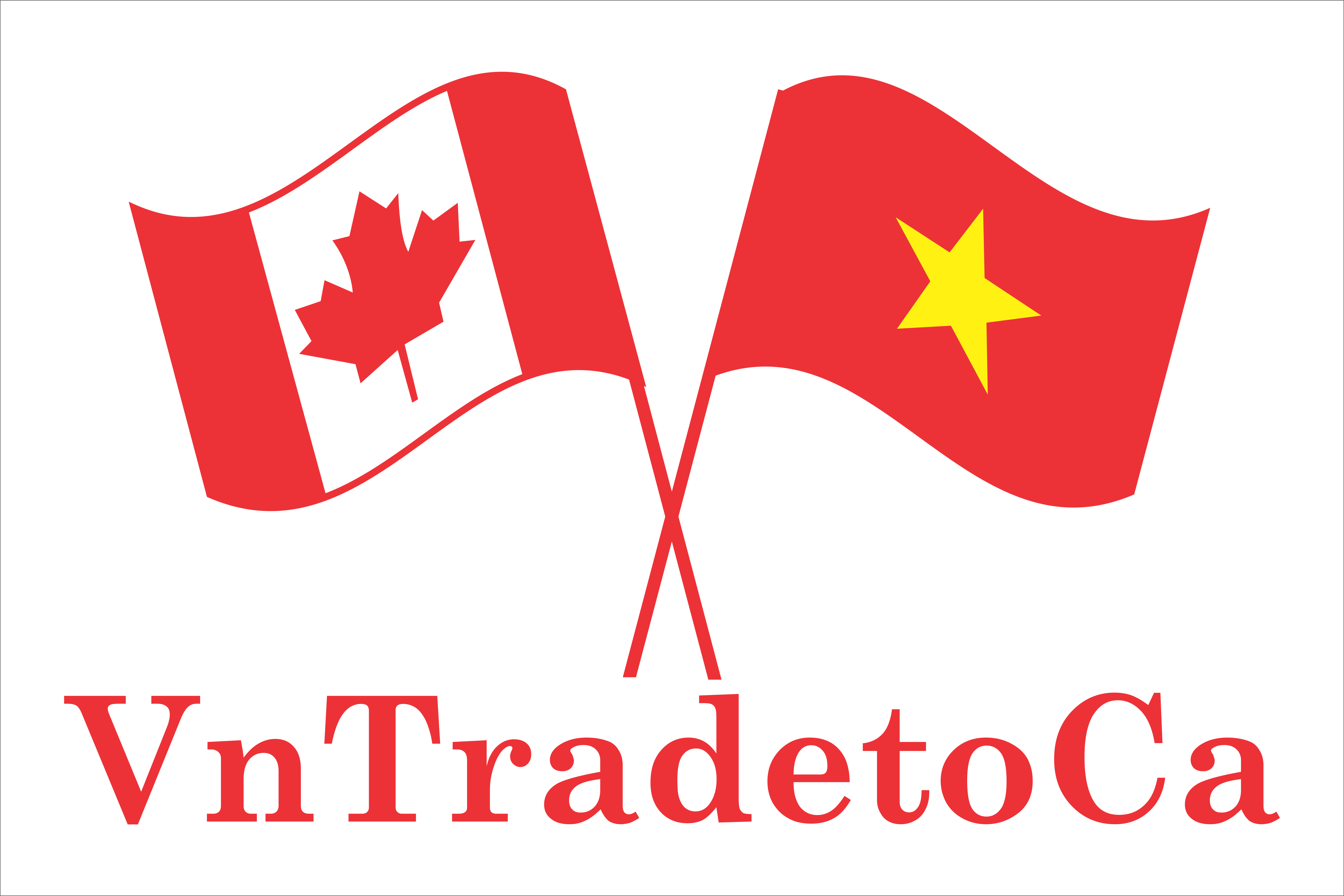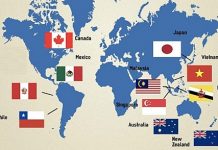Complex regulations on intellectual property rights mean that firms should seek help from experts on marketing and market survey, so that the strategies formulated will be efficacious – PHOTOS: THANH HOA
Safeguarding intellectual property rights in agriculture is not a new issue in Vietnam. However, Vietnamese agricultural producers and exporters still do not have a good grasp of the necessity of ensuring these rights in the long run and how they can formulate a strategy for doing so.
Inadequate attention to intellectual property rights in agriculture leads to many drawbacks such as loss of trademark rights (consider, for example, Trung Nguyen Coffee in the United States; Phu Quoc fish sauce in China, Australia and the U.S.; and ST25 rice, which a foreign enterprise registers as a trademark for rice) or registration rights for intellectual property protection (applicable to, say, plant variety or innovations). Market share may be eroded and the financial cost incurred by brand development or research and development (R&D) can be squandered.
In the long run, specific strategies for intellectual property rights are beneficial. They fuel innovations across big, medium and small enterprises, which will thrive in a knowledge-based economy. The risks of instability triggered by natural disasters or dwindling demand can be lowered, opportunities (new markets and better funding prospects by virtue of better products) may arise and the firms’ reputation will be polished. Enterprises can also recoup investment in R&D (via licensing, transfer of intellectual property rights and so on).
To flesh out appropriate strategies for safeguarding intellectual property rights that stoke production and boost consumption in both domestic and overseas markets, enterprises should focus on the following factors.
First, these strategies should identify intellectual properties that a firm has or will have.
In agriculture, these intellectual properties of enterprises are mainly industrial property rights (trademarks, patents, geographical indications, trade secrets and plant variety protection). Two attributes are worth highlighting. First, the intellectual property rights are country-specific (registration in a country is effective only in that country). Second, the early bird catches the worm (first come, first served). Understanding both attributes will enable firms to actively safeguard their intellectual property rights, especially in overseas markets. Once a market has been identified, firms should apply for intellectual property protection there. There are some systems under which protection applies across several countries (such as trademark and plant variety protection in Europe) to reduce registration fees and simplify registration procedures.
It is crucial to have a clear understanding of a country’s laws. For example, plant variety protection differs from country to country. In most countries, it applies to new varieties that meet other criteria such as uniqueness, consistency and stability (Article 158 of Vietnam’s Intellectual Properties Law). New varieties are not eligible for patents in these countries. However, in some countries such as the U.S., apart from plant variety protection, patents, including utility patents, can be issued for such cases as methods that generate new varieties. Consequently, many new plant varieties are patented in the U.S. Aware of these differences, enterprises will not lose opportunities to get new patents and acquire fresh intellectual property rights.
 |
| Consumers in cities have helped “rescue” excessive agro-products of farmers in the provinces |
Second, effective and long-term strategies should include plans to sustain and safeguard intellectual property rights.
To ensure that the protection is in force in the long run, big firms often appoint representatives that look into administrative matters such as fee payments to ensure that the rights will remain. Enterprises should be ready to intervene when offenses arise, as in the case of ST25 paddy. Firms need to make good use of intellectual property rights and capitalize on such activities as licensing and transfer of rights.
Complex regulations on intellectual property rights mean that firms should seek help from experts on marketing and market survey, so that the strategies formulated will be efficacious. Creative collaboration among enterprises, farmers, research institutes and the Government will help to develop and safeguard intellectual property rights. The damage inflicted by the lack of strategies may far surpass the costs of developing them.
Source: Thesaigontimes
